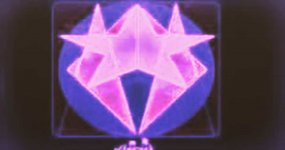I don’t compose before recording typically because I think improvising smaller studio settings strikes a note on your style of music instrumentation.
I do compose before the recording session if it is usually a tighter list to go into the studio with.
For example: graphic design for music is usually the first thing before either composing or recording, and even samples. So I’ll go with those first before laying out any thing worth recording or bulks of notes and writings.
Got really familiar with guitar pro. Programming your own drums is the way to go if you are a solo artist. GarageBand has a decent drummer and you can even makes simple progressions.
So for style I’ll lay it out with either samples or graphics then pick which instrument is best for harboring a tone for either going all the way down the set list or maybe for a really tasty solo being planned to be spawned out for my heavier stuff.
Never like to have a project not being used for more than a month usually.
Post your writing tricks, tone setters, or even striking styles you’ve learned over the course of being in the fam.
I’ll post some examples later just trying to start the thread rn.
I do compose before the recording session if it is usually a tighter list to go into the studio with.
For example: graphic design for music is usually the first thing before either composing or recording, and even samples. So I’ll go with those first before laying out any thing worth recording or bulks of notes and writings.
Got really familiar with guitar pro. Programming your own drums is the way to go if you are a solo artist. GarageBand has a decent drummer and you can even makes simple progressions.
So for style I’ll lay it out with either samples or graphics then pick which instrument is best for harboring a tone for either going all the way down the set list or maybe for a really tasty solo being planned to be spawned out for my heavier stuff.
Never like to have a project not being used for more than a month usually.
Post your writing tricks, tone setters, or even striking styles you’ve learned over the course of being in the fam.
I’ll post some examples later just trying to start the thread rn.


